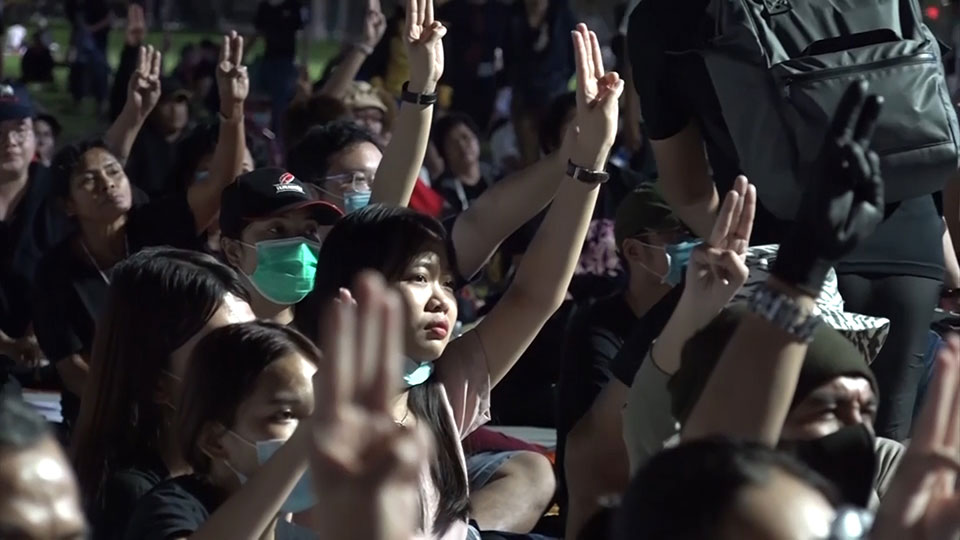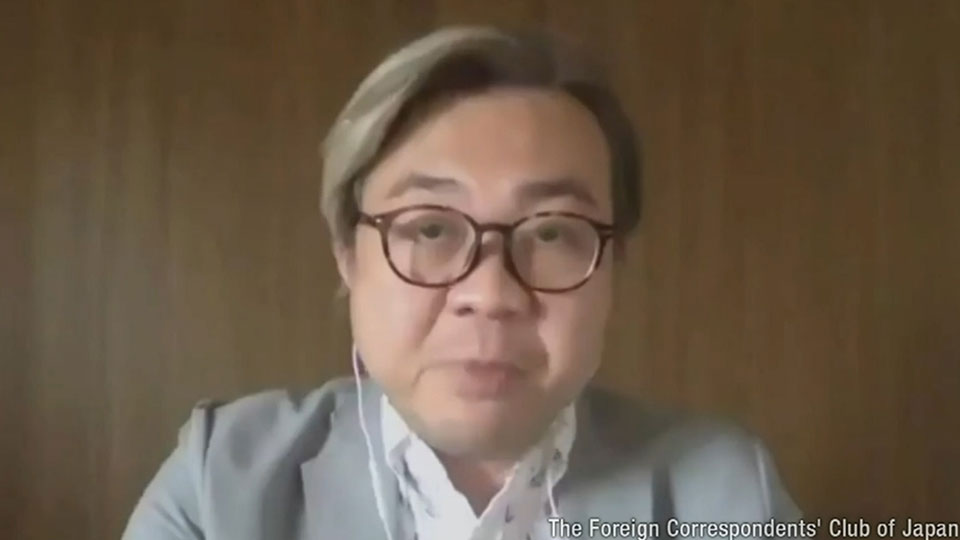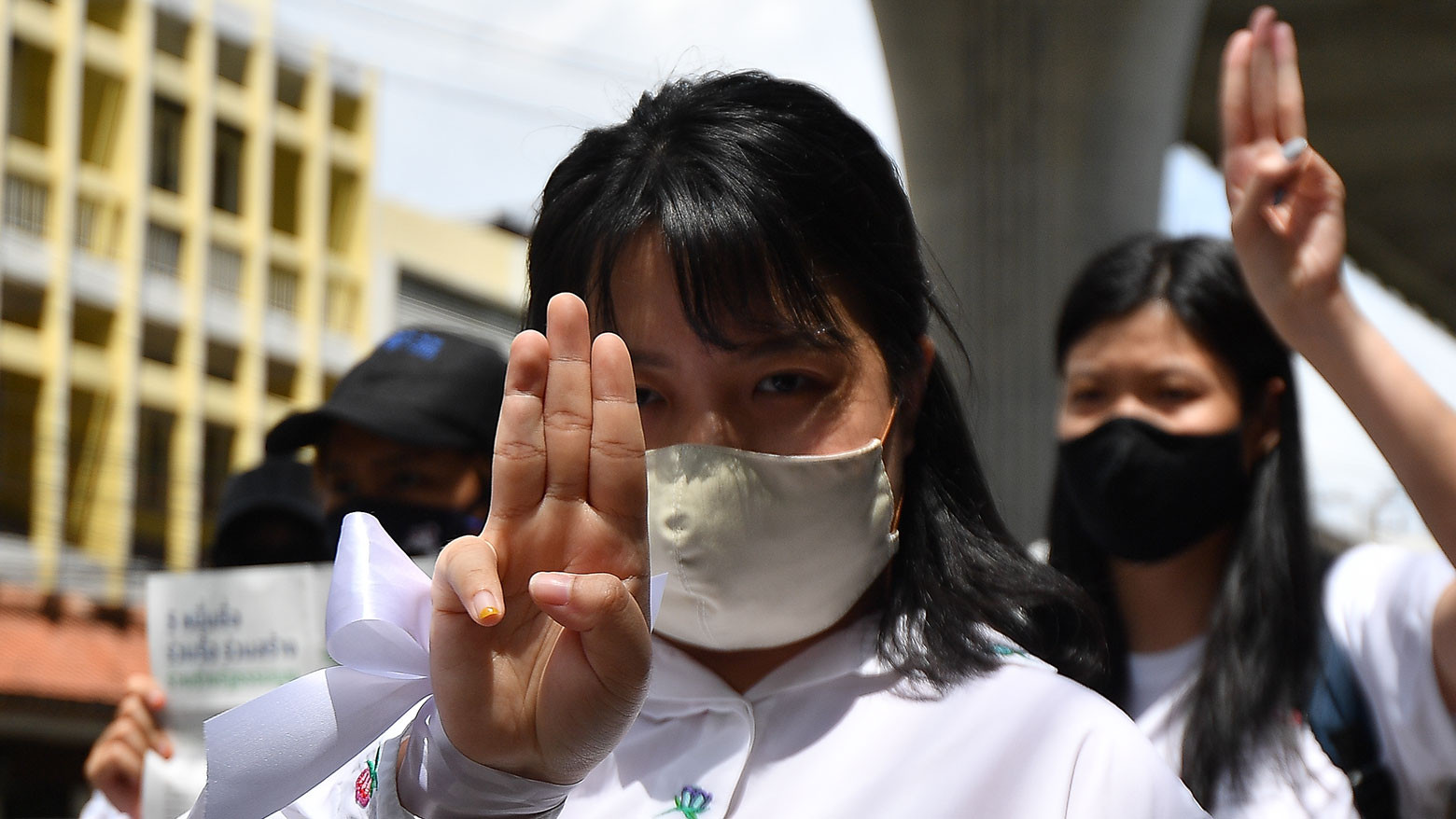More than 50,000 people took part in protests on September 19. Many held up three fingers — a gesture inspired by the “Hunger Games” movies. Each digit represents a demand: an end to the harassment of government critics, an amendment of the constitution drafted by military allies, and a dissolution of parliament.

Five years after a military coup, Thailand finally held an election and formed a parliament in 2019. It was hailed as the restart of democracy, but some see the current leadership as a dictatorship in disguise.
Billionaire auto-industry scion Thanathorn Juangroongruangkit looked set to pose a credible threat to the junta. He formed the Future Forward Party in 2018 and led it to third place in the following year’s election, riding a wave of support from young people.
But in late 2019, he was stripped of his seat in Parliament after a court ruled he had violated election rules. In early 2020, the constitutional court ordered the dissolution of the party on other charges of financial impropriety. The move sparked fury. Many people saw it as an abuse of power and a disregard for their votes.
Student-led protests followed and spread quickly, despite the coronavirus pandemic disrupting momentum for a few months. Rallies have since been loud and — with one exception — legal.
Saying the unsayable
On the evening of August 10, university student Panusaya Sithijirawattankul read out a “10-point manifesto” demanding reform of the monarchy — a subject never publicly broached in Thailand.
Her manifesto includes demands for the monarchy to stay out of politics, to moderate its use of public funds, not to exercise control over the army, and to revoke a law that could land her in jail: the Lese-Majeste statute that renders any criticism of the royal family a crime.
The manifesto has sparked a debate between ultra-royalists and young people. Even so, some mainstream media have opted to self-censor on the topic. Given the sensitivity around the Thai monarchy, some expect the discussion to eventually die down. But Panusaya and her supporters say there’s no turning back.
“If we talk only about the government, without discussing the monarchy, nothing will change even if a new one takes over,” she says

Social media power
The Facebook page “Royalist Marketplace” was created by activist Pavin Chachavalpongpun, who lives in self-exile in Japan. It has more than a million followers, who openly discuss the royal family.
But the page was blocked in Thailand in August. The users say that’s a violation of their rights, and Facebook has decided to take legal action against the Thai government, citing a breach of international human rights laws.
Pavin says he had over half a million followers within 24 hours of restarting the page. “Young people want to escape from dictatorship,” he says. “They want to talk about things affecting their lives. The Facebook page provides a platform for them.”
Prime Minister Prayut Chan-o-cha says Pavin is taking irresponsible action from abroad.

The current protests could hardly have come at a worse time for the government, which is battling to save an economy decimated by the collapse of the tourism sector.
And, with King Vajiralongkorn reportedly spending most of his time in Germany, a perfect storm of anger could spell bad news for Thailand’s ruling classes.

